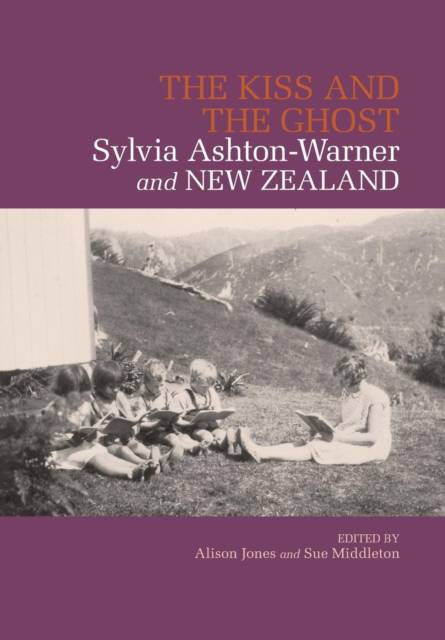
Je cadeautjes zeker op tijd in huis hebben voor de feestdagen? Kom langs in onze winkels en vind het perfecte geschenk!
- Afhalen na 1 uur in een winkel met voorraad
- Gratis thuislevering in België vanaf € 30
- Ruim aanbod met 7 miljoen producten
Je cadeautjes zeker op tijd in huis hebben voor de feestdagen? Kom langs in onze winkels en vind het perfecte geschenk!
- Afhalen na 1 uur in een winkel met voorraad
- Gratis thuislevering in België vanaf € 30
- Ruim aanbod met 7 miljoen producten
Zoeken
€ 47,45
+ 94 punten
Omschrijving
Sylvia Ashton-Warner, novelist and educationist, was extraordinarily famous in the 1960s. She maintained that young children best learn to read and write when they produce their own vocabulary, especially sex words - like 'kiss', and fear words - like 'ghost'. Educators lauded her. Her autobiographical novels about teaching in remote schools, and being culturally abandoned in a remote country, New Zealand, attained enormous international popularity in both literary and educational circles. But she had an intensely ambivalent relationship with the land of her birth. Despite receiving many accolades in New Zealand, she claimed to have been rejected and persecuted by her homeland. In her darkest moments, she railed against New Zealand and New Zealanders, even stating in one television interview: "I'm not a New Zealander!" This is the first book to make Sylvia Ashton-Warner's passionately difficult relationship with New Zealand its central focus. Its contributors argue that, rather than stultifying her, the country she decried produced Sylvia and her work. In addition, infant schooling in New Zealand in the post-war years was relatively radical and progressive, and education officials seemed to welcome Sylvia's ideas about literacy. The edited collection includes chapters by Māori teachers and others who worked with Sylvia, as well as recollections of her son, Elliot Henderson. It reprints her Teaching Scheme which was originally published in New Zealand in the 1950s, and it celebrates her novels as brilliant and angry evocations of life in the wildness of New Zealand.
Specificaties
Betrokkenen
- Auteur(s):
- Uitgeverij:
Inhoud
- Aantal bladzijden:
- 222
- Taal:
- Engels
Eigenschappen
- Productcode (EAN):
- 9781877398476
- Verschijningsdatum:
- 1/06/2009
- Uitvoering:
- Paperback
- Formaat:
- Trade paperback (VS)
- Afmetingen:
- 170 mm x 244 mm
- Gewicht:
- 358 g

Alleen bij Standaard Boekhandel
+ 94 punten op je klantenkaart van Standaard Boekhandel
Beoordelingen
We publiceren alleen reviews die voldoen aan de voorwaarden voor reviews. Bekijk onze voorwaarden voor reviews.









